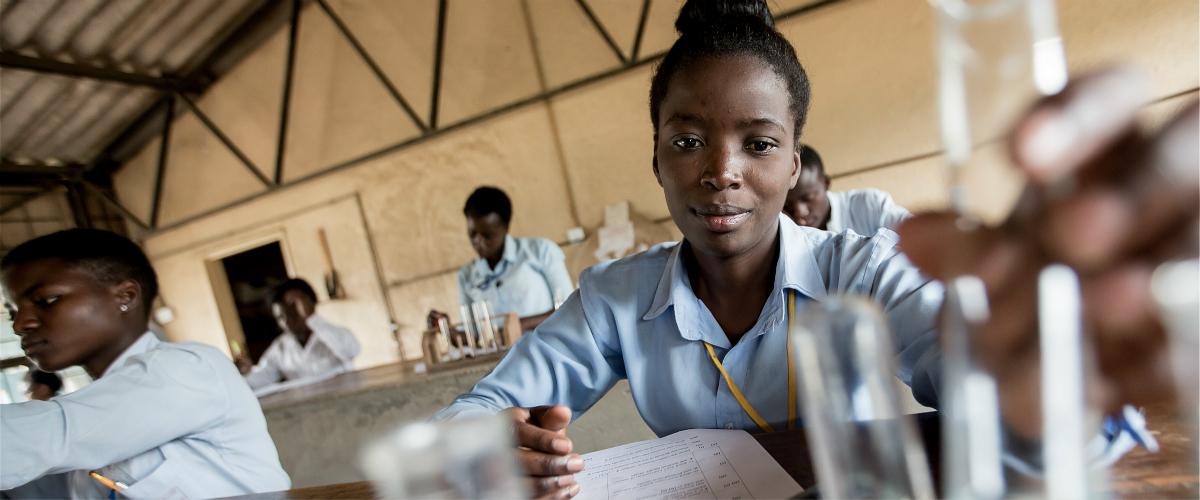Recommendations to Enhance African Female Participation in Space
Following the 2019 International Day of Women and Girls in Science, Space in Africa asked women and girls in Africa between the ages of 18–35 to write an essay on enhancing women and girls participation in space science and technology. Recommendations for how to enhance women and girls participation in space in Africa, obtained from the 106 entries received across 20 African countries, have been published in Space Fostering African Societies.
On 16 January 2020, Ursula Emmanuilidis, Irene Marcora, and Tamara Pataki, of the Regional Academy of the United Nations (RAUN), presented their work at the RAUN Conference in Vienna on female underrepresentation in space science. They conducted a case study of the African Regional Center for Space Science and Technology Education which aimed to determine the extent to which women are participating in space science and the situations that women are facing while pursuing a space career.
Through qualitative interviews and surveys, they determined that lower numbers of female applicants to the center occurred because of little interest, family pressure, lack of role models, and lack of visibility of the space sector as a path for women to pursue. Half of respondents were inspired by a role model and were faced with issues of day-to-day societal discrimination based on their gender.
Recommendations for increasing women's participation in space science included integration of this project with existing projects, increased mentorship, self-help groups, training programmes, outreach programmes, improving lack of awareness of issues and policies that discriminate againsts women, and further collaborations.
- Presentation
- Research paper


